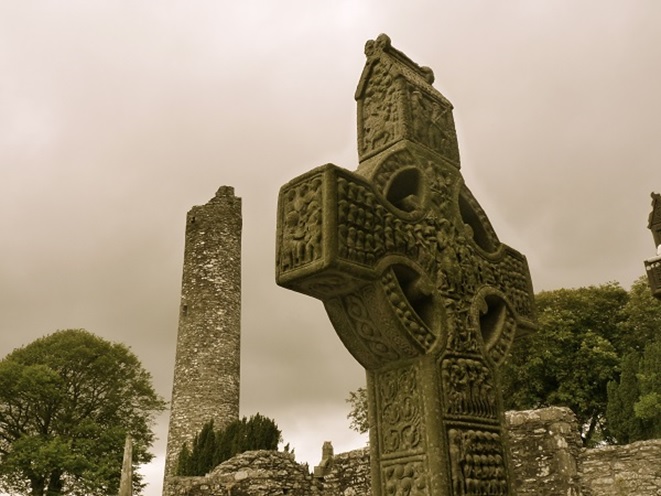The ‘Crucifixion’ of our Passions
14 September 2021At the sacrament of the bloodless sacrifice, we interact with the Cross of the Savior, since the Cross is the glory of Christ and the glory of the Church. But the Lord says that those who wish to follow him must first deny themselves and take up their Cross; then they can follow him.

Denial of ourselves
In order to follow Christ, we have to recognize that our human nature is in thrall to death and corruption and is also confounded by a variety of passions. Let’s just look at this horrible reality which is the bane of our life; the reality of the passions, which, unfortunately we mostly ignore.
What are the passions? ‘Passion’ is derived from a word [the Latin passio] meaning ‘suffering’ and indicates an inner weakness. The whole of the teaching of the Fathers sees the passions as impulses and actions which are essentially foreign to the natural life of the soul. The passions are linked to non-existence, because there’s nothing bad in human nature. Saint John Chrysostom says; ‘Virtue is natural, evil is unnatural’. So we’ve diverted all the powers of our soul and brought them from their natural state into an unnatural one. The anger which God gave us so that we could fight the devil is natural, but we use it against our neighbor instead. The desire for glory is also natural, but as enjoyment of the kingdom of heaven.
Carnal and spiritual passions
According to Maximos the Confessor, the basic passion, from which all the others, carnal and spiritual, arise and are engendered, is love of the self. People who are selfish love themselves to excess, they worship themselves. When our attention is drawn away from God and we’re not interested in being united with him and performing his holy will, then, of necessity, we turn to our self and are forever wanting to satisfy it.
The good struggle
We live in a world which may wear the mask of piety, but which denies the power of devotion to God. Strange as it may seem: ‘it has been granted to you on behalf of Christ not only to believe in him, but also to suffer for him’ (Phil. 1, 29). We’re called upon to cure our passions by transforming them. We don’t strive merely to become good people, well-adapted to society. Our aim is to be brought into communion with God, to make progress towards sanctification, to acquire the Holy Spirit. Let us, therefore, present to God as a burnt offering everything that is of value in our flesh. Then, we, too will hear the voice of the living God: ‘Now I know [that you fear God] and, blessing, I will bless you’ (Gen. 12, 17).






